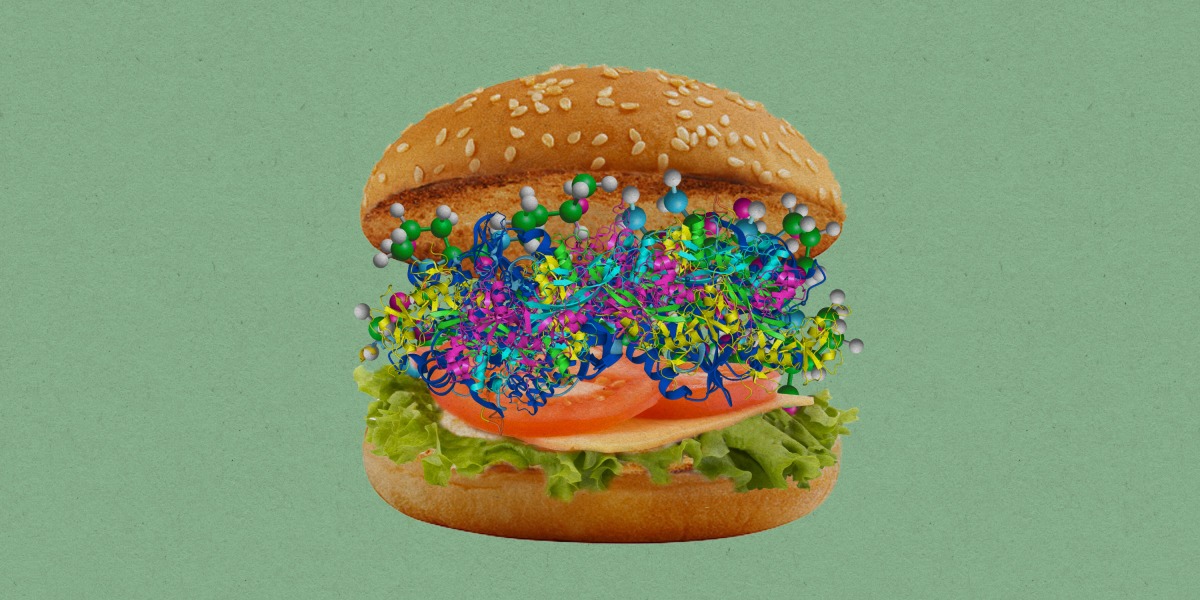Cultivated meat is coming to the US. Whether it’ll clean up emissions from food is complicated.
I’ll try it.
if it tastes the same, cooks the same, and costs no more than real meat, I’ll buy it a 2nd time.
too many “alternatives” lack the same taste, or have 45+ ingredients, or don’t brown in the pan the way that real meat does, or are 4x the price.
for vat-grown meat to have any appeal to and adoption by the masses it has to be identical to the real thing, in looks, in price, and in taste.
Not necessarily. In the unlikely scenario it was tastier, it could even fetch a better price despite not being the same. In some circumstances (really stringy old meat from a stressed animal) this is not so unlikely, actually. There is plenty of ‘real meat’ I have no desire to touch twice.
I’m hopeful that this turns out well, and have less impact on the environment like they mentioned.
I wish they delved more into what the differences were between the “pharmaceutical grade” and non-pharmaceutical grade versions of meat.
Either way, I worry that it’ll probably be a bit more expensive, just like the current meat alternatives.
At the moment, Beyond meat is the best meat substitute I’ve eaten so far.
Edit: added a sentence
If you have ever watched a documentary on slaughterhouse conditions and the handling of meat, you’ll probably run for any meat grown under clean laboratory conditions.
Also, most “wild” fish is riddled with worms and legal to sell. Well, there is a “worms per pound” limit in many countries.
I’m calling it now, this shit is going to be linked to cancer and a ton of other health issues. I think we should be focused on building sustainable local supply chains to hell rather than whatever the hell Cyberpunk chemical compound this is.
whatever the hell Cyberpunk chemical compound this is
It’s literally just cultured animal cells, exactly the same material you consume when you eat ‘conventional’ meat.
calling it now, this shit is going to be linked to cancer and a ton of other health issues.
This you may actually be right about, but only because consuming animal meat has been strongly linked to elevated cancer risk. Your risk of getting cancer from eating lab grown meat will be higher, but only because it’s literally meat, and eating meat increases your cancer risk.
You understand these aren’t random chemicals right? It’s cells. Same as meat you buy now. Like everything these cells are made of chemicals. Same chemicals you buy now when you buy meat. And for sure there will be slight differences. But those differences will most likely be in the realm of “more X and less Y” and not “now it contains Z”.
Same chemicals our bodies are made of too. That doesn’t matter though, because things people don’t understand are scary.
Glad to see the reddit tradition of just commenting without reading any of the source material is going strong /s
But for real my dude. You got a problem with chemicals in your meat? How bout those crazy steroids and antibiotics they pump your chickens/cows full of so that they don’t die of disease before maturation/slaughter? What about all the chemicals in the low quality feed they give the animals? Or the processing to increase shelf life?
The beauty of this technology is that it avoids all those problems as well as their chemical solutions. It uses mitosis, aka the same naturally occurring process all cells use, to grow meat in an isolated environment that disease cannot thrive. Meanwhile we can use genetic modification to improve the quality of the protein. The end result will be healthier, more sustainable and have a significantly longer shelf life.
And this technology is only going to improve.
It’s literally the same compounds. Proteins are proteins, and it doesn’t really matter how they’re synthesized. This is why the GMO think is tricky too. Supplanting native varieties is a big problem. But the food is literally the same. There is zero difference because the genetic machinery is building the same proteins in the same way, out of the same elements.
Can you clarify why you think it will be carcinogenic?
Source?





